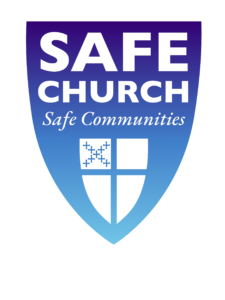
The Episcopal Church and the Diocese of North Carolina take the issue of sexual misconduct and abuse very seriously. To address this issue, the Church has implemented policies and procedures that include requiring all clergy, staff, lay leaders, and volunteers to complete a series of courses in Safe Church Training. This training is designed to help prevent cases of sexual misconduct, abuse, and harassment within the Church and promotes a safe and healthy environment for everyone participating in its ministries and programs.
Church of the Nativity has long participated in Safe Church Training; each year we ask all volunteers and leaders of the Church to complete the required training. The in-person training of the past has been replaced by an online course comprising several different modules, a subset of which are required for various different positions. If you are a volunteer or lay leader, you will soon receive an invitation from Jeremy Clos to participate in the course. Once you’ve been invited, you can complete these modules at your own pace. Once completed, you are certified for a period of three (3) years before you will need to revisit the training.
Safe Church Training covers a range of topics relevant to various ministries here at Nativity, including how to recognize and report abuse, set boundaries, encourage appropriate behavior, and create safe environments for children and vulnerable adults. Therefore, Vestry members, all clergy and staff, those making home or hospital visits (ie. Stephen Ministers or Lay Eucharistic Visitors), and anyone working with youth or children’s formation should complete the course. By completing this training, individuals are better equipped to prevent and respond to instances of misconduct and abuse within the Church and the wider world.
At Nativity, Safe Church Training is not just about meeting a legal requirement or fulfilling an obligation. Instead, we focus on creating a culture of safety, respect, and accountability within our Church. We seek to ensure that all individuals, regardless of their age, gender, or background, feel safe and valued within the community. It also helps to build trust and confidence among church members by demonstrating that our Church is committed to protecting its members and that we possess a clear process for reporting and addressing any incidents of misconduct. When these concerns are taken seriously and addressed in a timely and appropriate manner, confidence within the community increases.
If you have questions about Safe Church Training or have not yet received an invitation, please reach out to Jeremy Clos, Lay Associate for Christian Formation. Email Jeremy Clos
